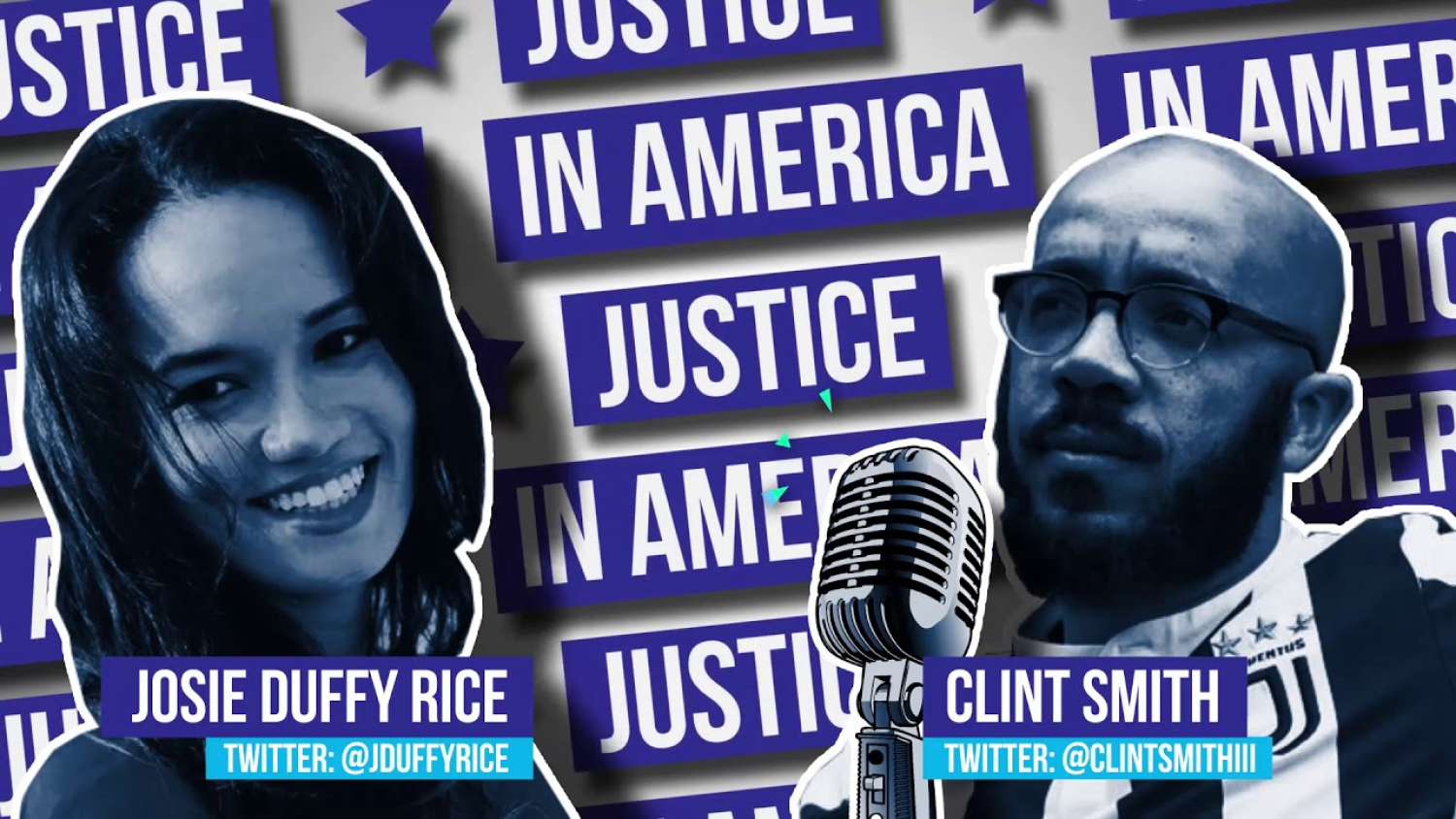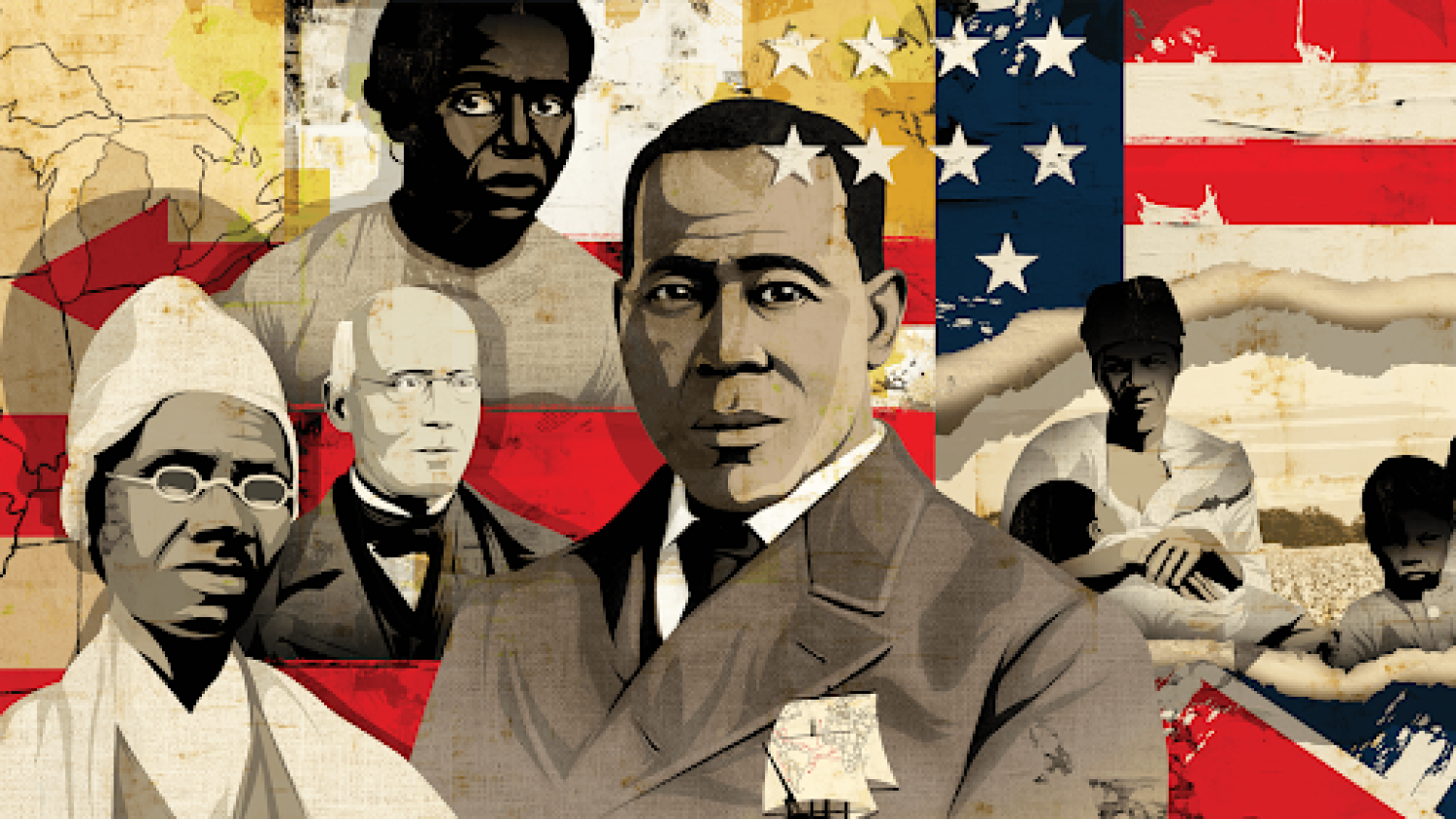Tagging, Threading, and Marking Up: Ways of Being A Public Scholar
Getting ideas, insights, and/or findings out there is seen by many as the heart of scholarship. Yet, so often what there really means is behind a paywall or writing it up in ways that are not broadly accessible. In this Voices at the Table, we want to highlight some approaches scholars have taken to move away from notions that out there must mean beyond either the attention or accessibility of the broader public.
Tools like Twitter have allowed scholars to help shape conversations, as seen in Tressie McMillian Cottom’s work which has a public life through the hashtag #LowerEd. Other scholars have utilized Twitter-specific cultural practices, as in the case of threading, where they can draw on their scholarship as they enter into broader conversations. Example threads and threaders include: Ebony Elizabeth, Kevin Kruse, and @nathan_who reflecting on a NYT profile of Ruth Wilson Gilmore. Many scholars have created public-facing syllabi, examples include: Marcia Chatlelain and the #fergusonsyllabus, Matt Chrisler, Jaskiran Dhillon, & Audra Simpson and the Standing Rock Syllabus, OiYan Poon and her research team creating the affirmative action syllabus, and the prison abolition syllabus versions one and two.
Below are other examples of scholars engaging in and/or reflecting on ways of being a public scholar:
Re-imagining the Future by Looking at the Past and Present

The Justice in America podcast is an attempt to explain why the U.S. criminal justice system looks the way it does today. Each episode Josie Duffy Rice and Clint Smith help their audience understand how the system works and its impact, particularly on the poor and people of color. Josie is a senior reporter for The Appeal, a senior strategist for The Justice Collaborative, and a lawyer at the Fair Punishment Project . Clint is a writer, teacher, and doctoral candidate at Harvard’s Graduate School of Education whose work centers on placing the present-day criminal justice system in its larger historical context. Both transcripts and audio of the podcast can be found here: https://theappeal.org/tag/justice-in-america/
[video: https://youtu.be/CRmoQWGxUvA]
Marking Up to Help Make Arguments Realizable

Manuel Espinoza, associate professor of Educational Foundations at University of Colorado Denver, and members of the Right to Learn Undergraduate Research Collective (R2L) have for over 10 years studied the ways that dignity gets both affirmed and disregarded within educational contexts. Recently, Dr. Espinoza shared how R2L is using Hypothes.is, an open annotation tool, in their work. During his talk, he and the audience began to imagine what making that work more public facing might afford and look like.
Opening Up Our Work Changes It/Us
[video:https://youtu.be/2aiSQVjKR-k]
Nicole Mirra, an author in our inaugural issue, reflects on how making her work available for public markup made a difference.
Teaching Hard History

Teaching Tolerance, a project of the Southern Poverty Law Center, provides resources for teaching and learning about the role slavery played in the development of the United States and how the legacy of slavery still influences U.S. society today. A number of scholars played a role in creating these resources including: Hassan Kwame Jeffries, Bethany Jay, Christy Clark-Pujara, Deirdre Cooper Owens, Patrice Preston Grimes, and David Blight have played a role in creating these resources.

